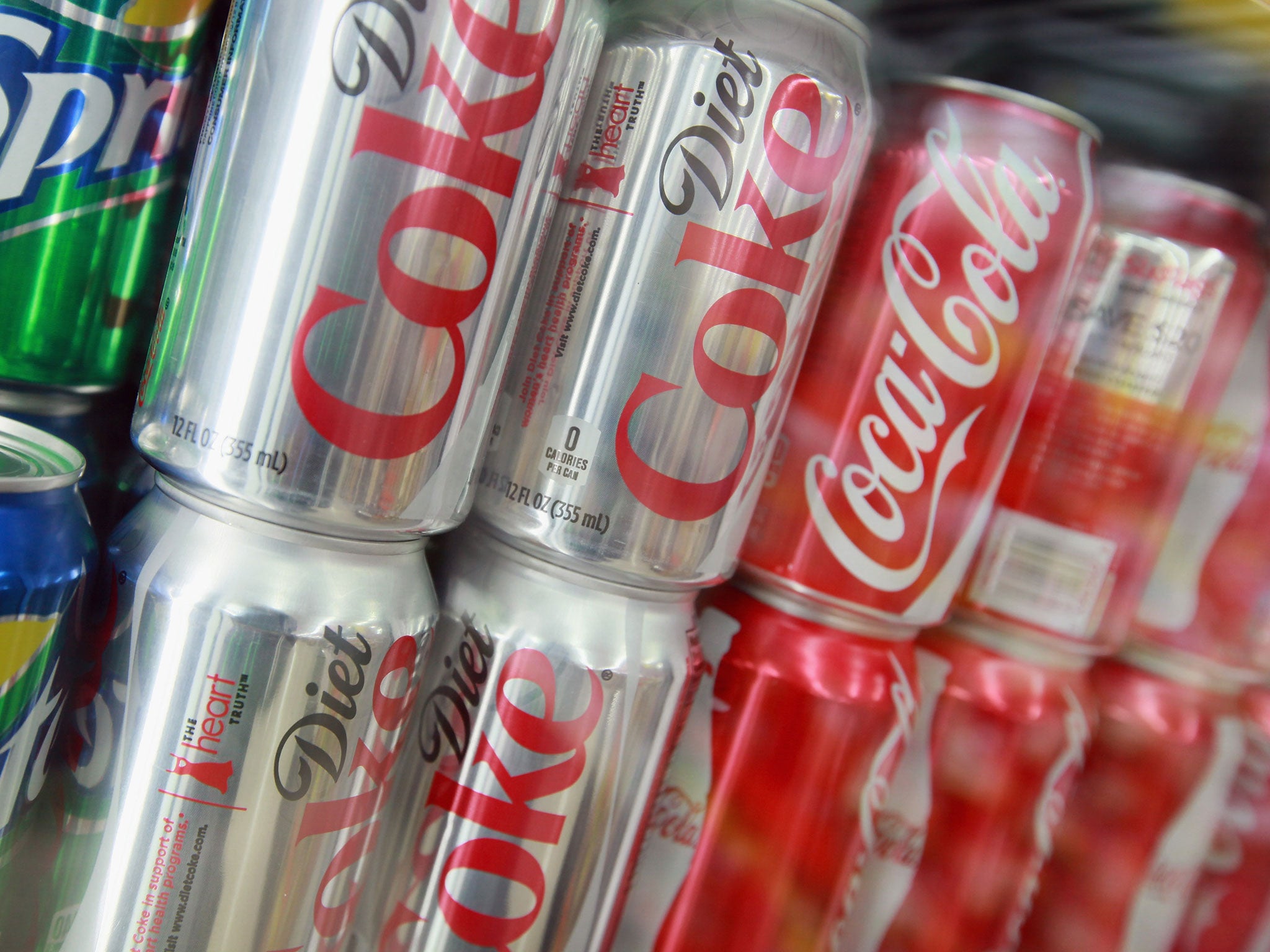Peter Lawrie claims quitting Coca-Cola cost him his golf game
Professional golfer dropped nearly 800 places in a year after quitting Coke

Your support helps us to tell the story
From reproductive rights to climate change to Big Tech, The Independent is on the ground when the story is developing. Whether it's investigating the financials of Elon Musk's pro-Trump PAC or producing our latest documentary, 'The A Word', which shines a light on the American women fighting for reproductive rights, we know how important it is to parse out the facts from the messaging.
At such a critical moment in US history, we need reporters on the ground. Your donation allows us to keep sending journalists to speak to both sides of the story.
The Independent is trusted by Americans across the entire political spectrum. And unlike many other quality news outlets, we choose not to lock Americans out of our reporting and analysis with paywalls. We believe quality journalism should be available to everyone, paid for by those who can afford it.
Your support makes all the difference.In most circumstances, overcoming a habit of drinking several litres of Coca-Cola per day might be expected to improve one’s chances of excelling at sport.
Not so for Peter Lawrie.
The Irish golfer, who only two years ago ranked just outside the top 100 golfing elite, had plummeted nearly 800 places by the end of last year.
He has now blamed the slump on a dramatic loss of confidence following a decision to go cold turkey on Coca-Cola – admitting he was drinking litres of it every day.
He told the Irish radio station Newstalk that he had become “addicted”. But after kicking the habit weeks after finishing tenth at the 2013 Irish Open, he suffered a drop in mood and performance.
“I went from such a high on sugar and stuff like that, to a dramatic low. I never recovered from it,” he said. He says he struggled emotionally and did not feel himself. Now back to drinking two or three cans a day, Lawrie’s performance is creeping back to its former level.
From a nutritionist's point of view, it is a curious case – but not unheard of.
“I see it with clients who do drink a lot of these drinks – getting them off it can be very difficult,” said Chris Cashin, a leading sports dietitian. “The drink was probably part of his fuel for sport – maybe inappropriately but he was getting a lot of calories from it.”
Ms Cashin, who is chair of Sports Dietitians UK and has worked with several professional golfers before, would recommend water on the course rather than Coca-Cola, but believes that if Lawrie immediately cut out such high levels of consumption, without replacing the carbohydrates he would have been taking in, then his physical performance and mood would plausibly have dipped.

Her advice to anyone wanting to cut the fizzy drink habit is to do it gradually, not all at once, and to ensure your diet remains balanced.
Whether or not someone can be said to be “addicted” to a particular food or drink, however, remains controversial. A major European research project, the NeuroFAST consortium, last year found that the brain does not respond to nutrients as it does to known addictive substances like cocaine – so even products high in sugar, like Coca-Cola, may not be strictly speaking addictive.
However, the researchers did find evidence that people can develop a psychological compulsion to eat or drink, driven by positive feelings that the brain links to consumption.
Coca-Cola also contains caffeine – another substance that can cause dependence when consumed at high levels.
It is also known to improve alertness and endurance and was even on the World Anti-Doping Agency’s list of banned substances until 2004.
Though a can of Coca-Cola only contains 32mg of caffeine – compared to around 100mg in a cup of instant coffee – if you were drinking “litres of the stuff” as Lawrie says he was, there might be a discernible dip in performance, Ms Cashin said.
However, she said, declining form can also be its own cause and it was impossible to tell where the impact of going cold turkey ends and the downward spiral of falling confidence begins.
“Athletes do some funny things sometimes,” she said. “I don’t think we ever really know what’s behind it.”
Sweet enough: How much sugar should you have?
Current guidelines state that sugar should make up no more than 10 per cent of your calorie intake – that’s about 70g for men and 50g for women. However, the Government’s nutritional advisors have recommended this be halved.
Coca-Cola contains 10.6g of sugar per 100ml – so if Lawrie was drinking “litres” he would be taking in 212g of sugar even if that only meant two litres – well over double the daily guideline amount.
Join our commenting forum
Join thought-provoking conversations, follow other Independent readers and see their replies
Comments